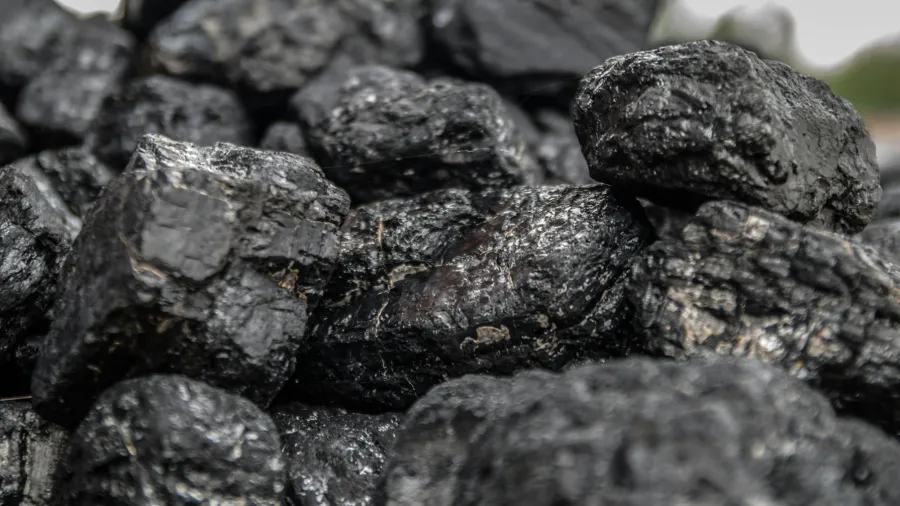
China’s coal power generation could peak in 2025
The country is expected to reach its coal power generation peak this year.
China’s power emissions are predicted to peak in 2025, to reach 5.2 billion tonnes, with coal power generation peaking at 5.55 trillion kilowatt-hours, according to Greenpeace East Asia.
“China’s power sector is on track to peak emissions as early as 2025, and this will facilitate an earlier peak in societal emissions,” Greenpeace East Asia Beijing-based climate & energy project manager Gao Yuhe said.
This is part of Scenario 3 that Greenpeace projects for China, according to its latest report.
The analysis states four power transition scenarios for China, incorporating national low‑carbon power transition targets and projected power supply and demand trends for 2025–2035.
“Amongst them, Scenario 3—featuring high-efficiency electrification and accelerated non-fossil energy deployment—emerges as the most effective for ensuring power decarbonisation, energy security, and economic feasibility,” Greenpeace said.
This scenario is up to 160 million tonnes lower than all three other scenarios .
Key targets under this scenario include an average annual power growth rate of 2.8% during China’s 15th Five‑Year Plan (2026–2030) and an installed capacity of 3,100 gigawatts (GW) of wind and solar and 270 GW of new energy storage by 2030.
By 2030, non‑fossil energy’s share of power generation could rise to 57%, with wind and solar reaching 35.8%. Power sector emissions would decrease by 11.9%, falling to 4.58 billion tonnes, compared to 2025 levels.
“The most ambitious scenario also demonstrates clear cost advantages. Compared to the baseline non‑fossil scenarios, it could save RMB 110b to RMB 400b in total power system costs over 2025–2035 by reducing coal reliance, even after accounting for increased investments in renewables and flexible resources,” the analysis said.
With renewables increasingly able to meet Beijing's electricity demand in 2025, Gao said the country has every reason to push for an early emissions peak in the power sector. It must accelerate the integration of renewable energy as the mainstay of the power system.
“This shift is essential to keeping China’s energy transition on track. A clear timetable for phasing out coal power should be formulated, as every new coal approval will limit the space for renewables,” she added.

















 Advertise
Advertise










